Hey guys! Monte here again and this week’s recap has some great stuff for anyone looking to step up their game! Rubin spent a good chunk of the stream talking about how you can improve at card games. I certainly learned a lot from him and I hope you will too! He also talks a bit about the upcoming patch, but not too much… As he’s not the lead on the patch, Rubin doesn’t want to overstep and move the conversation away from the existing threads on Twitter and Reddit. There’s also some good discussion about the game’s complexity.
Keep reading to get the whole scoop!
11:43 - spectredub asks, “@rubinzoo LoR is my first ever card game, should I be embarrassed that I still can't break masters after 18 months of constant grinding and playing 20+ hours a week?”
I've chosen to include this question as it sparked a really great conversation on self-appreciation and how to up your game. Rubin talks about the process of improving and how you may find yourself playing well but not seeing success or the inverse, playing poorly but succeeding. You need to distance yourself from the results and learn to identify your mistakes, to do that you need to break the game down into the fundamentals. Even more basic than individual matchups, focus on what you could have done differently in the game to win it more. Just because a game comes down to a top-decked card doesn't mean that's all there is to the match, there may have been other choices during the game that you could have taken that would have changed the outcome.
Rubin can't stress enough that the best way to improve is to separate the result from the game. Win/Loss doesn't matter, the matchup doesn't matter, the only thing that matters for improvement is being able to look back at your plays and identify where you may have been able to do something different. This can be difficult in LoR because of the pass and mana systems, there are so many micro-decisions that can change the outcome of a game. Even when you do identify a spot where you could have potentially done something different, you may have trouble internalizing and understanding the feedback. An example Rubin uses is playing around Avalanche , sometimes you play around it and then are unable to make a proper read on whether they have it or not because they weren't allowed to cast it.
, sometimes you play around it and then are unable to make a proper read on whether they have it or not because they weren't allowed to cast it.
Sometimes you have to run into it and get burned, if that happens try to identify if there was a different sequence you could've taken to lose to Avalanche less.
less.
When he was an MTG player, Rubin developed his own "worst-case scenario" model. This model is a method he uses to improve, he says to always think about what the worst possible card your opponent could have is and to play around it. If you play into the worst possible card, you put yourself in an incredibly losing position. Going back to the Avalanche scenario, they may not have the Avalanche
scenario, they may not have the Avalanche but can I play in a way that beats Avalanche
but can I play in a way that beats Avalanche here as it would be devastating to get hit by it. Rubin suggests opening up runeterra.ar and looking at standard decklists to get an idea of what your opponent may have so you can consider what options they may have to counter your plays. Rubin goes on to talk about playing a Teemo
here as it would be devastating to get hit by it. Rubin suggests opening up runeterra.ar and looking at standard decklists to get an idea of what your opponent may have so you can consider what options they may have to counter your plays. Rubin goes on to talk about playing a Teemo deck vs another PnZ deck as another example to illustrate his "worst-case scenario" model. If you're the Teemo
deck vs another PnZ deck as another example to illustrate his "worst-case scenario" model. If you're the Teemo player and you have the attack token on evens, do you want to play your Teemo
player and you have the attack token on evens, do you want to play your Teemo on turn one? Or turn two?
on turn one? Or turn two?
If you play your Teemo on turn one and it gets hit by a Thermogenic Beam
on turn one and it gets hit by a Thermogenic Beam you’re very sad. You’ve lost one of your major power cards and have been set back while your opponent suffered no loss.
you’re very sad. You’ve lost one of your major power cards and have been set back while your opponent suffered no loss.
If you play your Teemo on two, your opponent can still cast their Thermogenic Beam
on two, your opponent can still cast their Thermogenic Beam but it will now eat their whole mana pool and you can just replay another Teemo
but it will now eat their whole mana pool and you can just replay another Teemo , in this case, you're significantly ahead.
, in this case, you're significantly ahead.
This example illustrates how you can use Rubin's "worst-case scenario" model in your games to better your play and master Runeterra.
Rubin then talks a bit about matchups and how he feels they're "self-defeating", people go into unfavoured matchups and immediately write themselves off as having lost. This is not a great mentality for improvement as you end up writing off losses as 'unfavoured' so you don't look for spots you could've done things differently. Rubin says you should focus on the difference between your win percentage in the matchup and the standard matchup spread. If the matchup is supposed to be 40% but you're winning 41% of your games in the matchup, you're crushing it and should be proud of that!
Rubin closes off the topic by saying you should ignore matchups and never care about the odds, if you have a 1% chance at winning your goal should be to make it 2%. If you adopt this growth-based mentality over a results-based one, you will learn a lot about the game, improve a lot faster and be less frustrated with 'coin-flippy' ladder matchups. If you decide the game was lost at deck select, it was; but not because of the matchup, because of your mentality.
24:56 - Rubin addresses the Reddit thread about what we’d like to see from the patch.
As I said in the intro, Rubin didn't want to go over the patch extensively this stream as he's not the lead and doesn't want to step on the team's toes. He does say that he thinks the post is good because it lets the team double down on the problems they were already aware of. Players are good at identifying problems and it's up to the team to then figure out the right solution; the Reddit thread helps the team by letting players bring up what they feel is currently problematic.
28:43 - Morppadorp asks, “Could the January patch be bigger than 2.11 with all this player feedback to consider?”
The January patch will be of a similar scope to 2.11, 2.18, it's supposed to be another one of the variety patches. The size of a patch is less dependent on the time and effort and more on what clicks together. The team wants changes to work cohesively. Rubin can't say for sure whether it'll be bigger or not but he does say they're putting in the same amount of work. There is still a LOT of stuff left to happen before the end of the year, this adds a lot of moving parts to the patch which might make things a bit complicated.
31:30 - brokenballl asks, “Is there any chance Pick a Card gets unnerfed? I doubt Twisted Fate
gets unnerfed? I doubt Twisted Fate / Fizz
/ Fizz would become as problematic after all the other nerfs, or is Nami
would become as problematic after all the other nerfs, or is Nami potentially too scary?”
potentially too scary?”
Rubin doesn’t know, he feels three mana, draw three is dangerous to have in the game. He thinks it could be reverted but is unsure where the game would benefit from a buff like that. Nami Wiggly Burblefish
Wiggly Burblefish decks might be too scary with reverted Pick a Card
decks might be too scary with reverted Pick a Card
59:30 - AyMen_Dx says, “Man whenever I watch your games I feel like the game is infinity complex”
Rubin feels good that the pass mechanic leads to many small micro-decisions but he also feels that it's a bad part of LoR because it leads to massive blow-outs. The complexity of the game can be frustrating, especially to newer players who don't know all the cards, as one small misstep can be incredibly punishing.
Rubin thinks perfect play with a strong deck leads to more victories in LoR than it would in any other card game he’s played. I agree with this statement, whenever I’ve struggled to climb in this game it’s because I’ve chosen a sub-par deck or have been playing while distracted. When I’m focused and on a good deck, success comes more readily than it ever did for me playing Hearthstone.
Rubin talks a bit about the paradox of complexity to engagement. The more difficult a game is, the more difficult it is for the players to engage with it. The team wants to make LoR deeper and more complex than other games in the genre and Rubin feels they’re succeeding so far.
That wraps up all the major talking points of the stream, but don’t worry there’s one more thing left to cover, Rubin’s deck of the week!
This week’s deck is Twisted Fate Gangplank
Gangplank Bilgewater/Noxus! Rubin got this deck from top SEA player, Adeltrocity. He swapped out Whispered Words
Bilgewater/Noxus! Rubin got this deck from top SEA player, Adeltrocity. He swapped out Whispered Words for Sheriff Lariette Rose
for Sheriff Lariette Rose a tech choice he feels fits the deck as it allows you to turn your chumpy early game units like Fortune Croaker
a tech choice he feels fits the deck as it allows you to turn your chumpy early game units like Fortune Croaker into pseudo-challenger units so the Sheriff can connect with the nexus!
into pseudo-challenger units so the Sheriff can connect with the nexus!

11 cards
29 cards
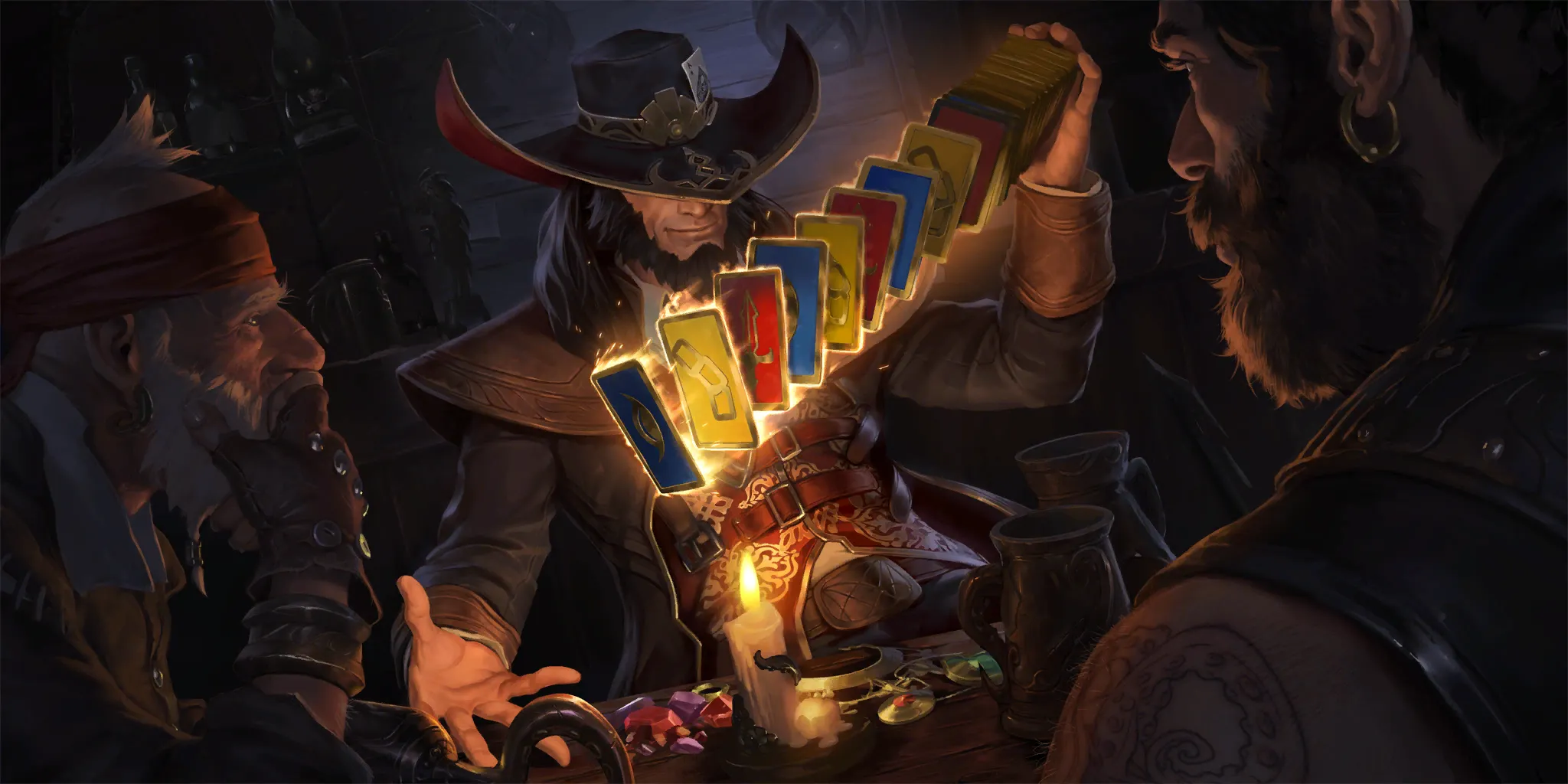
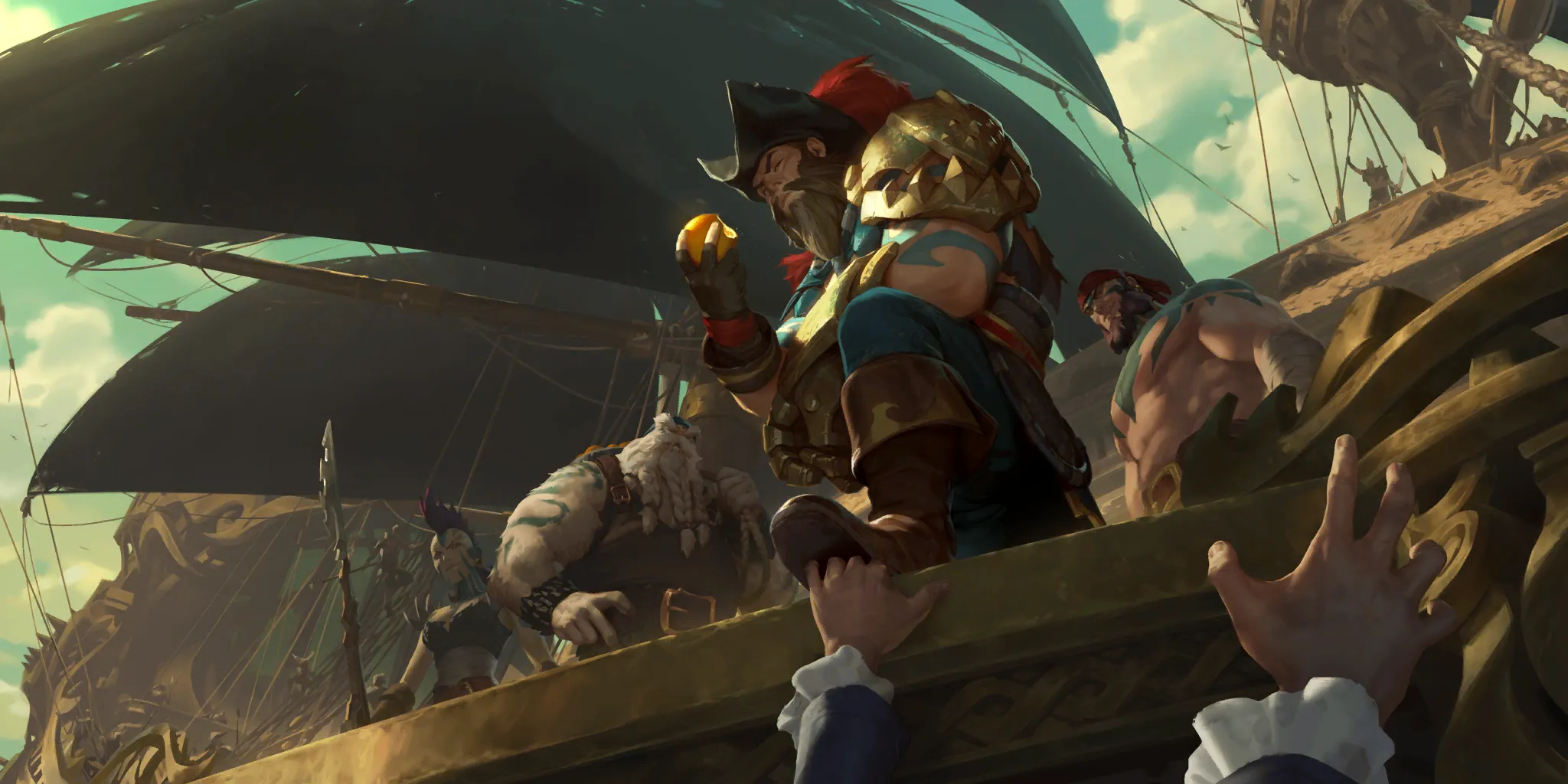
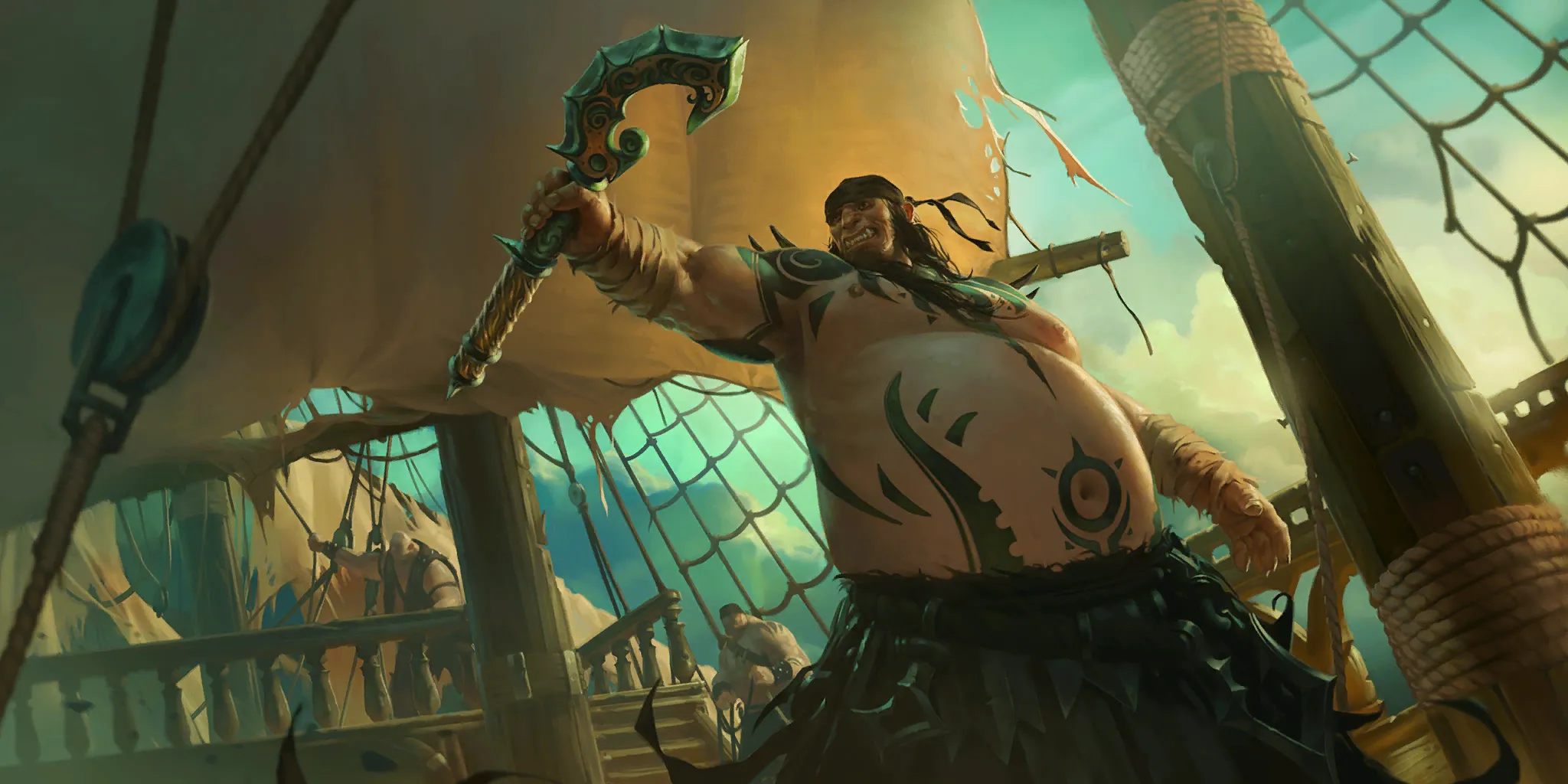
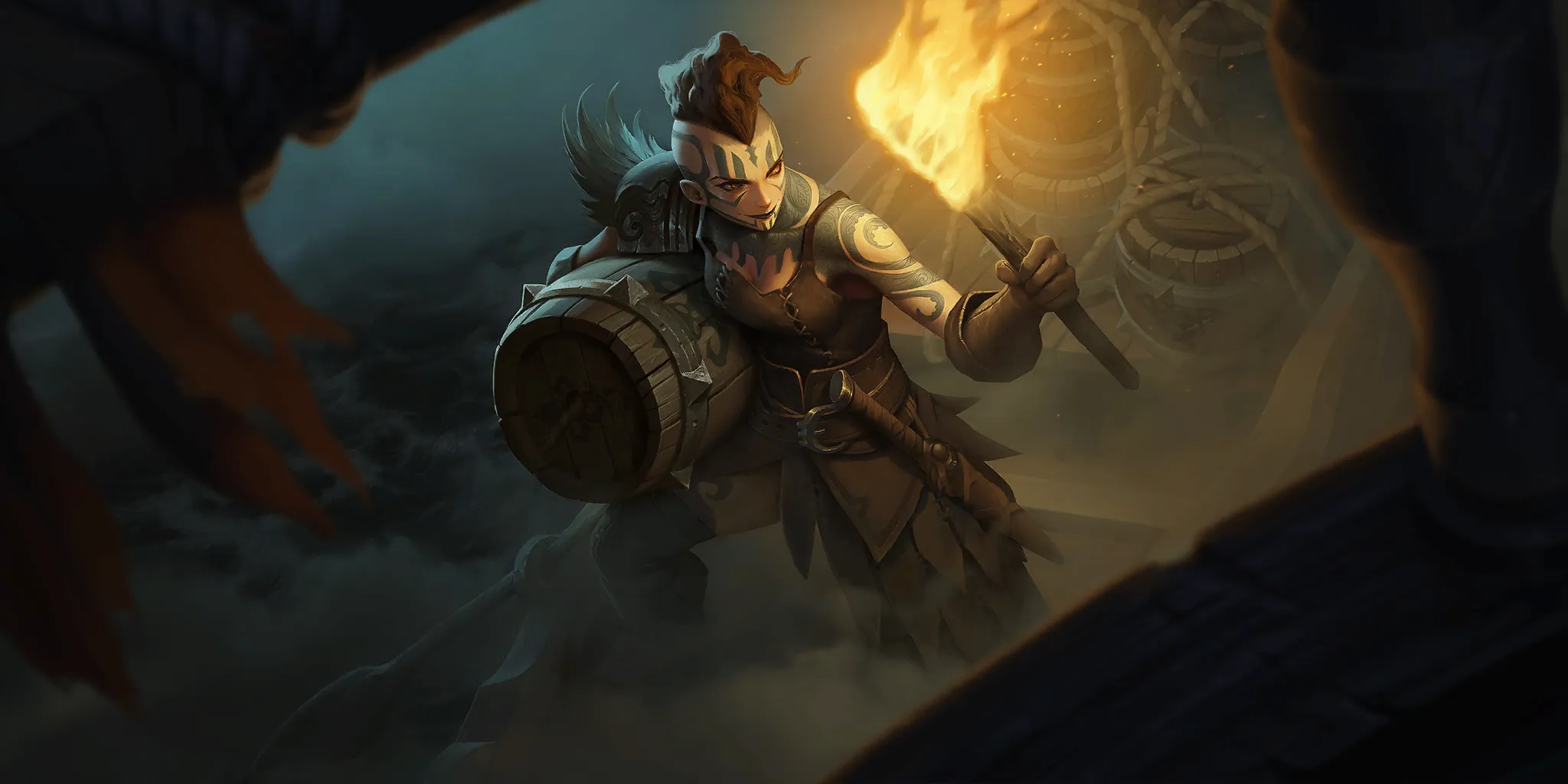
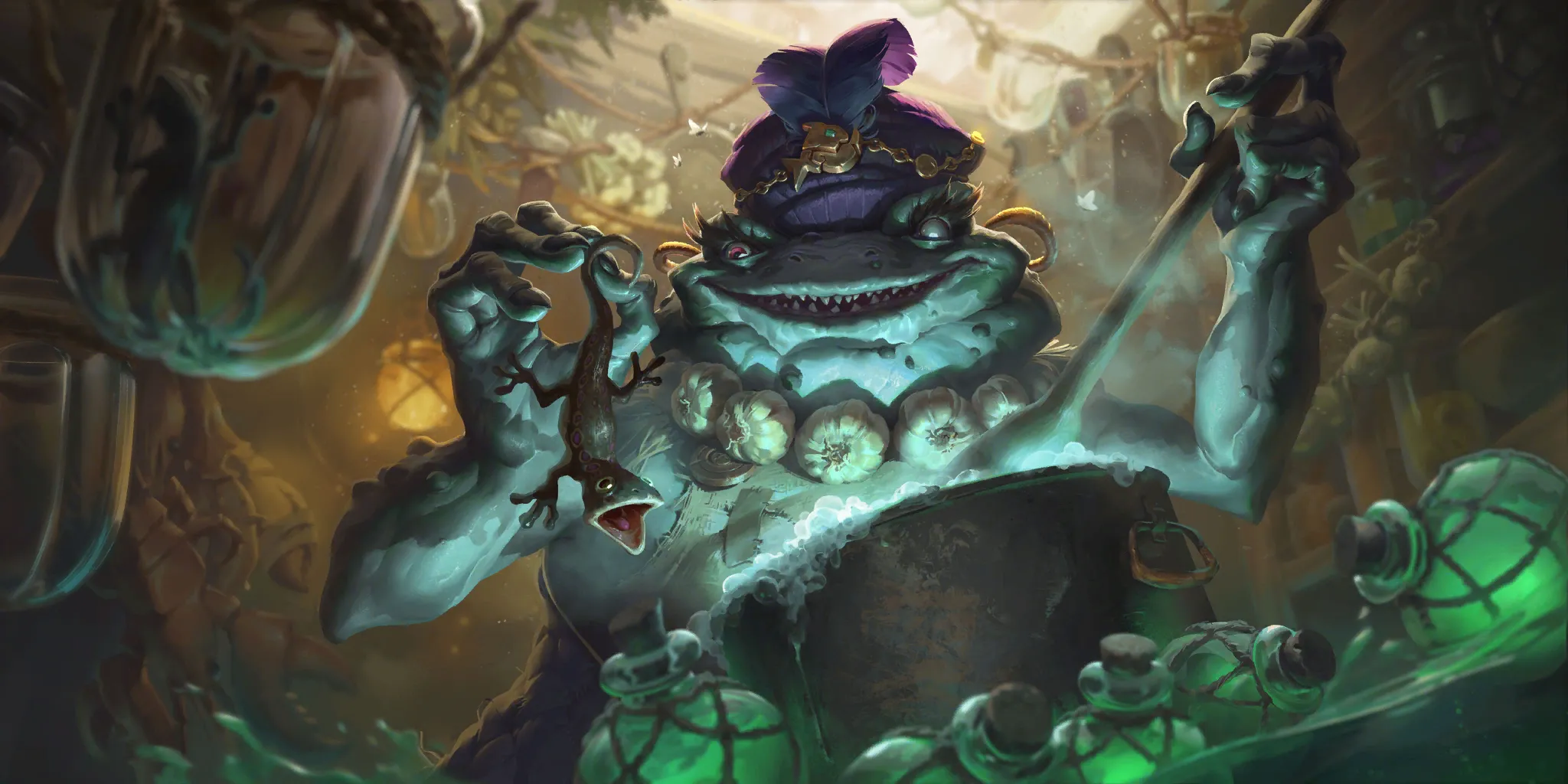
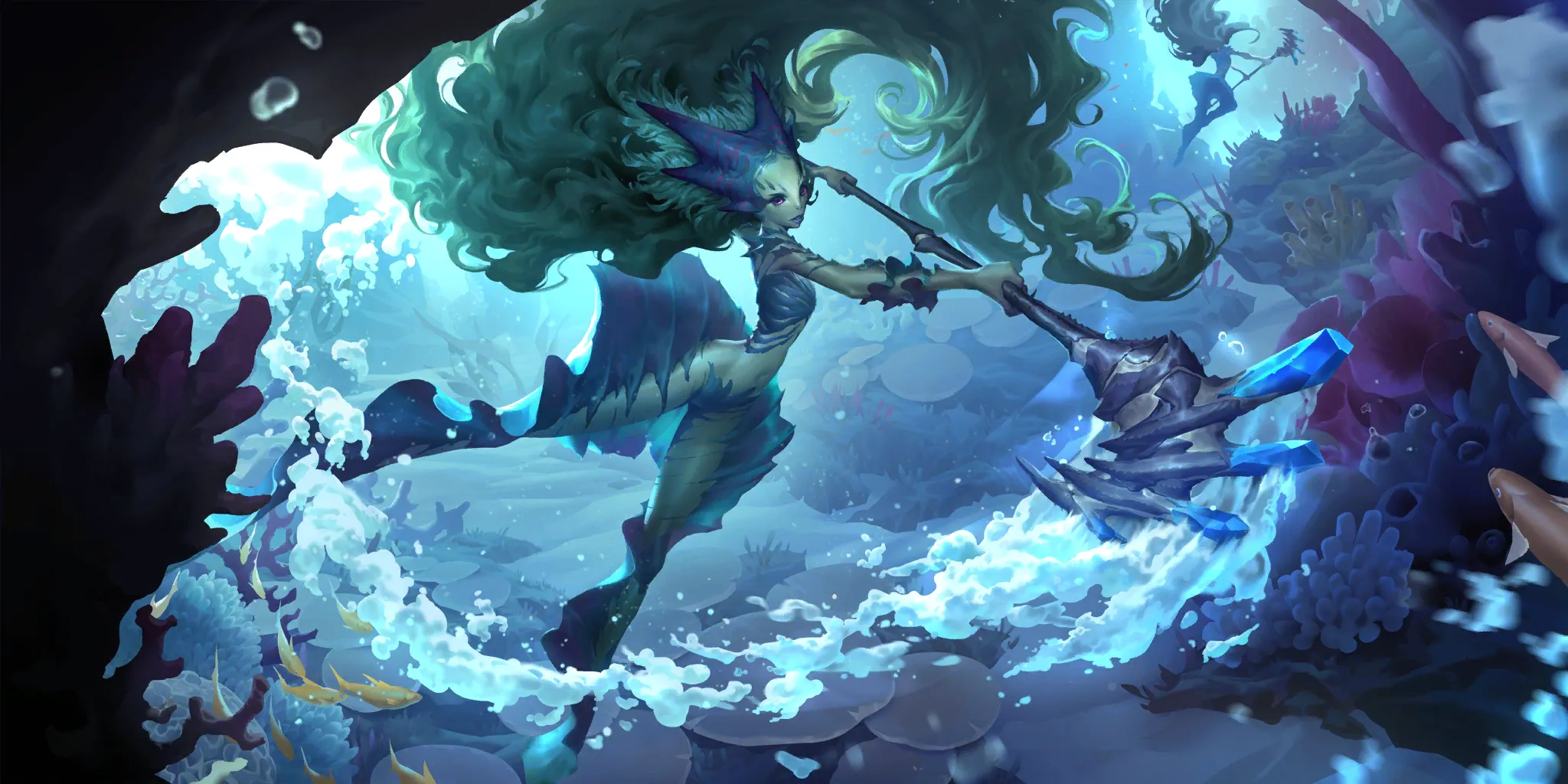
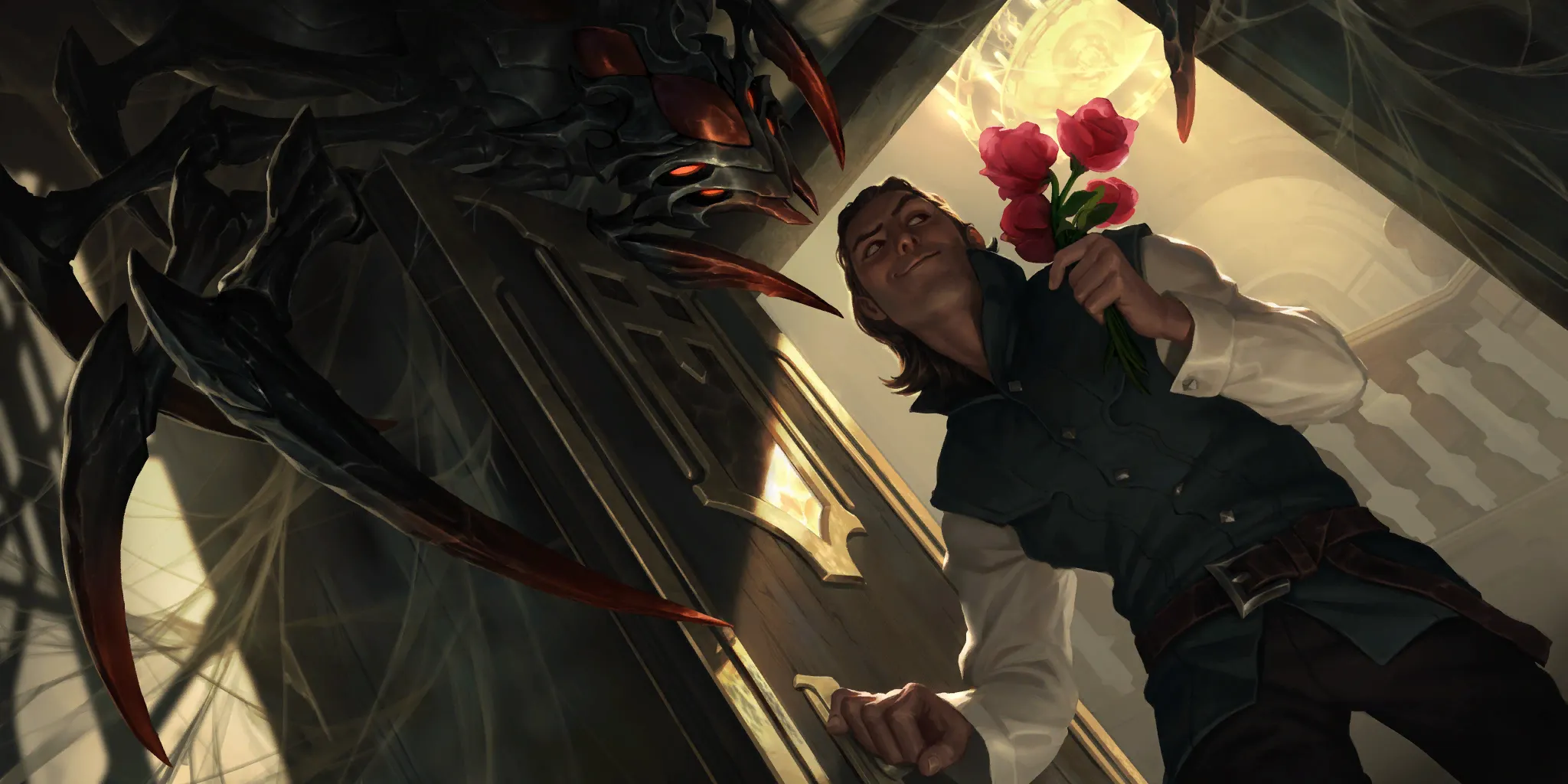
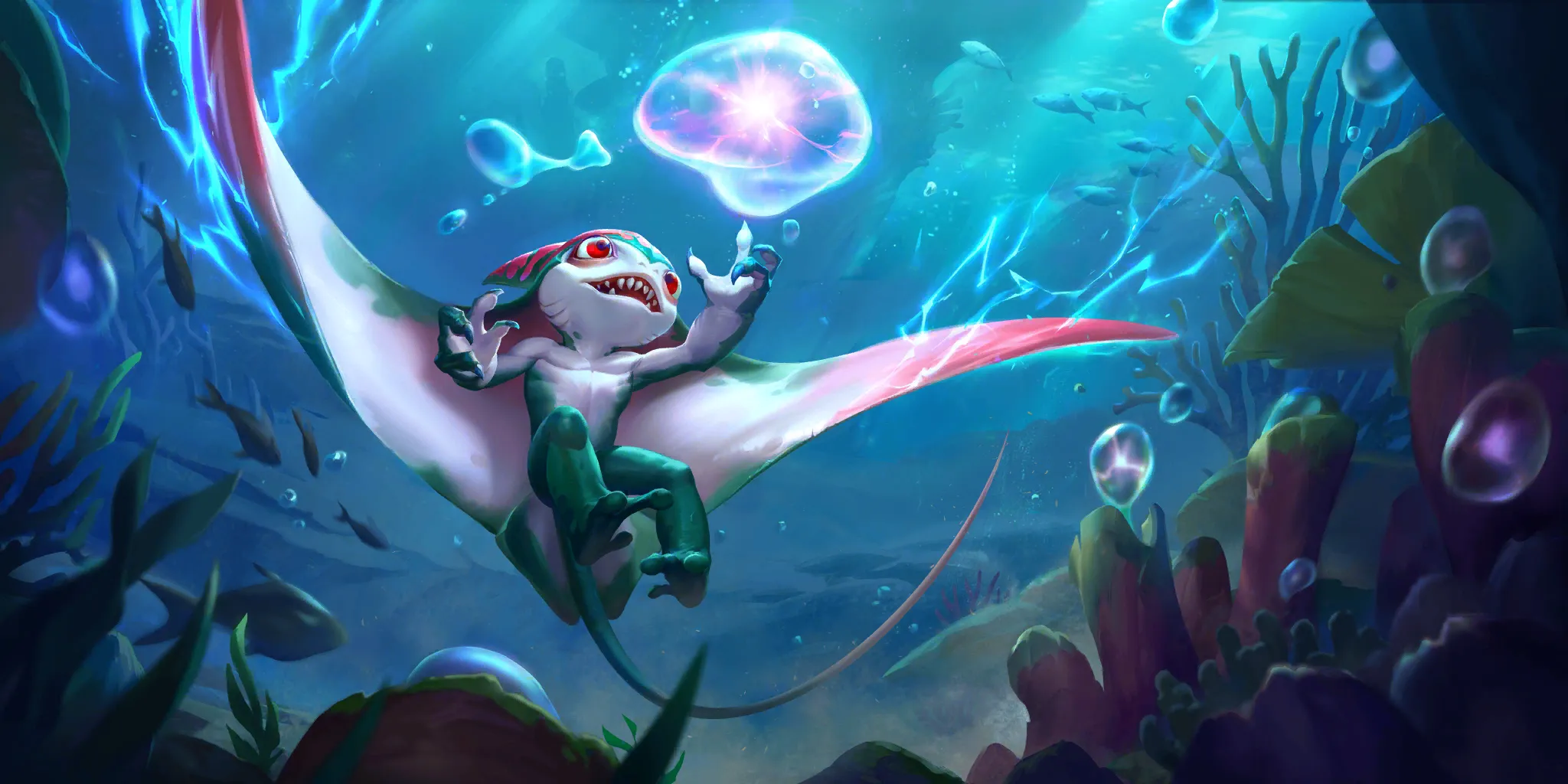
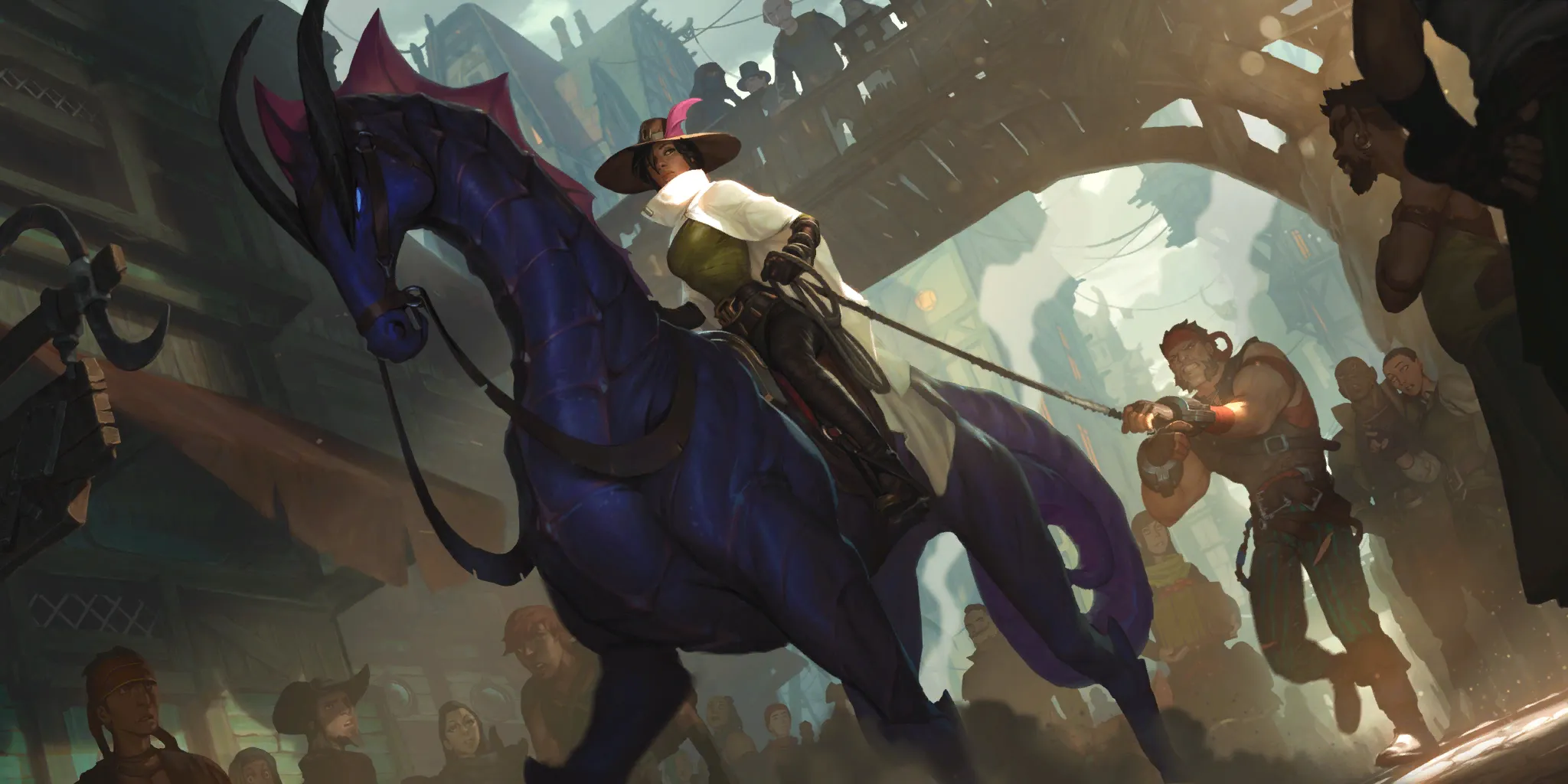
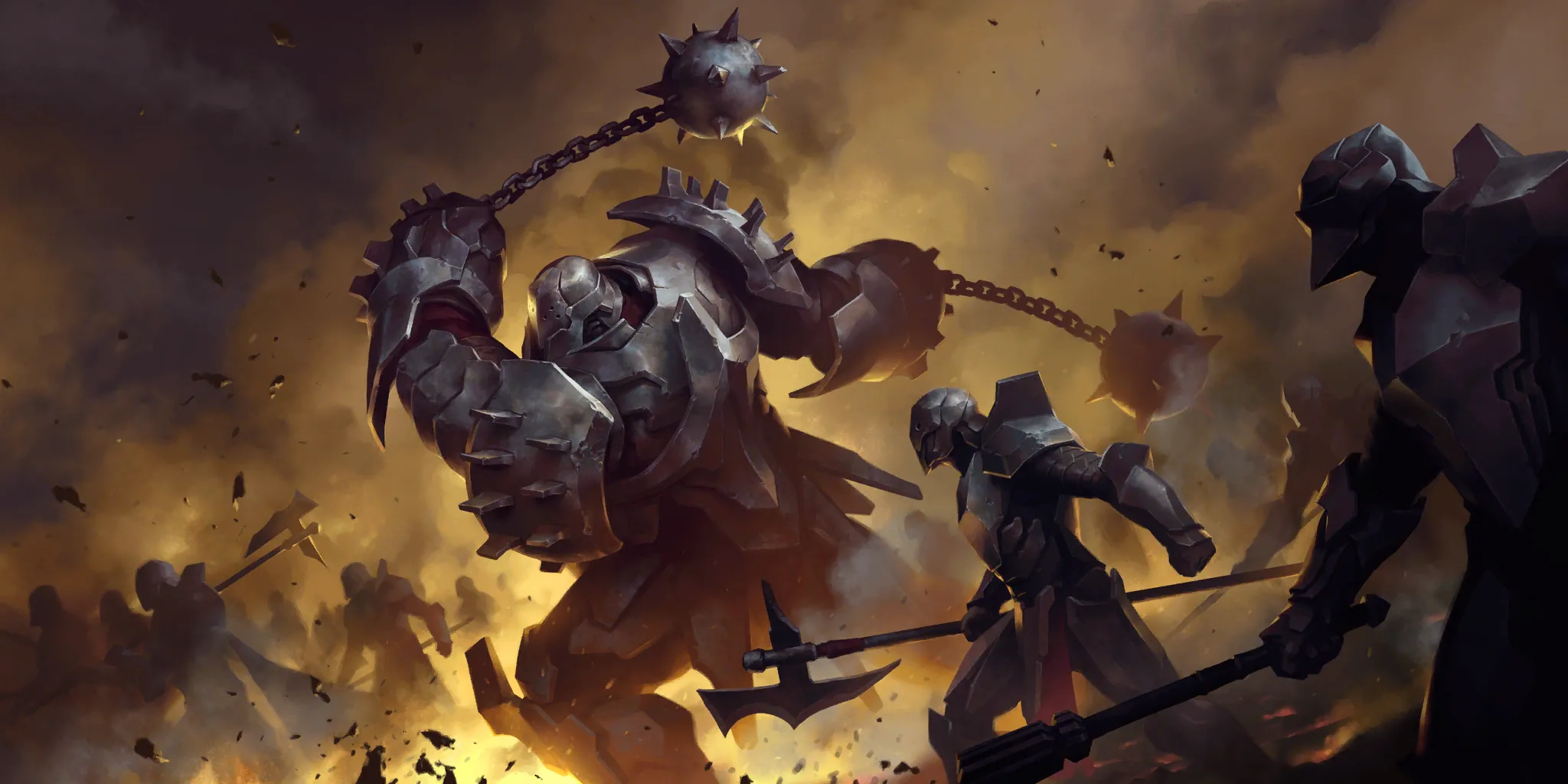


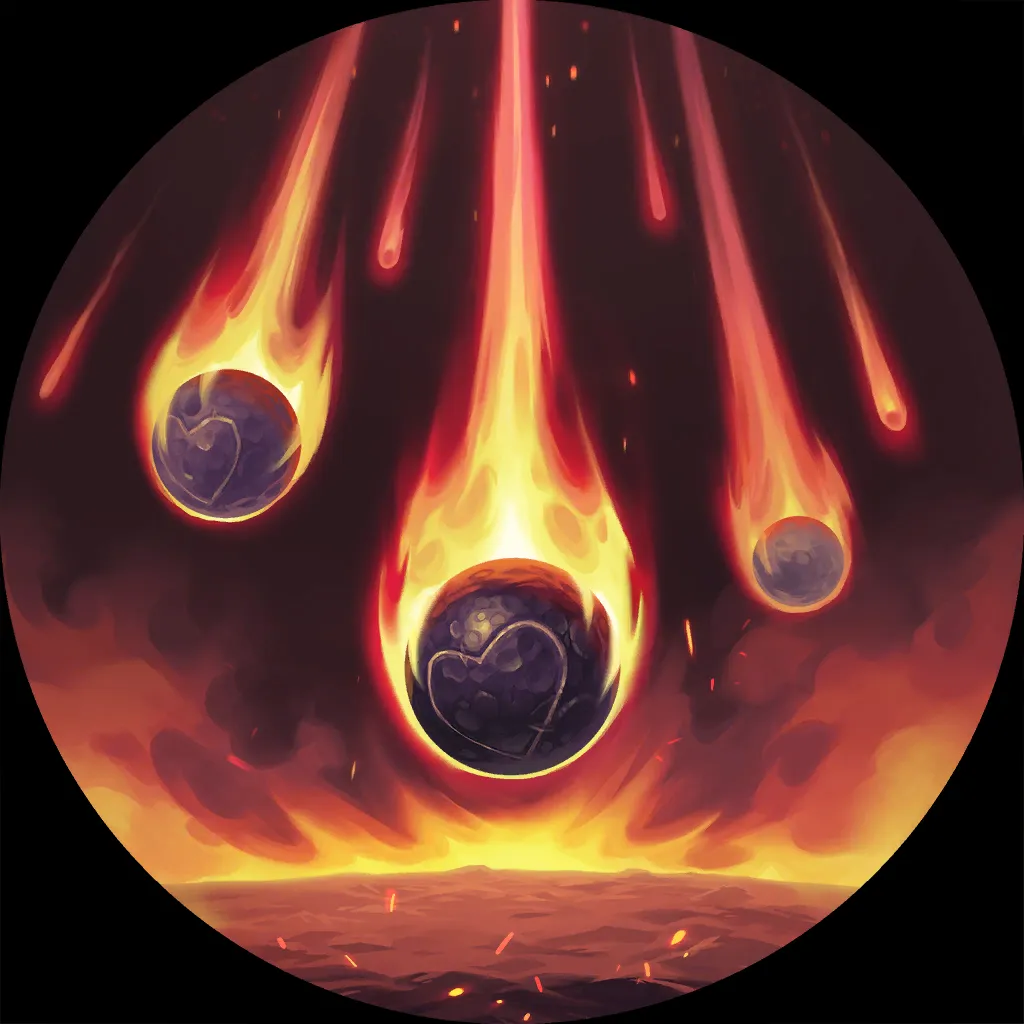
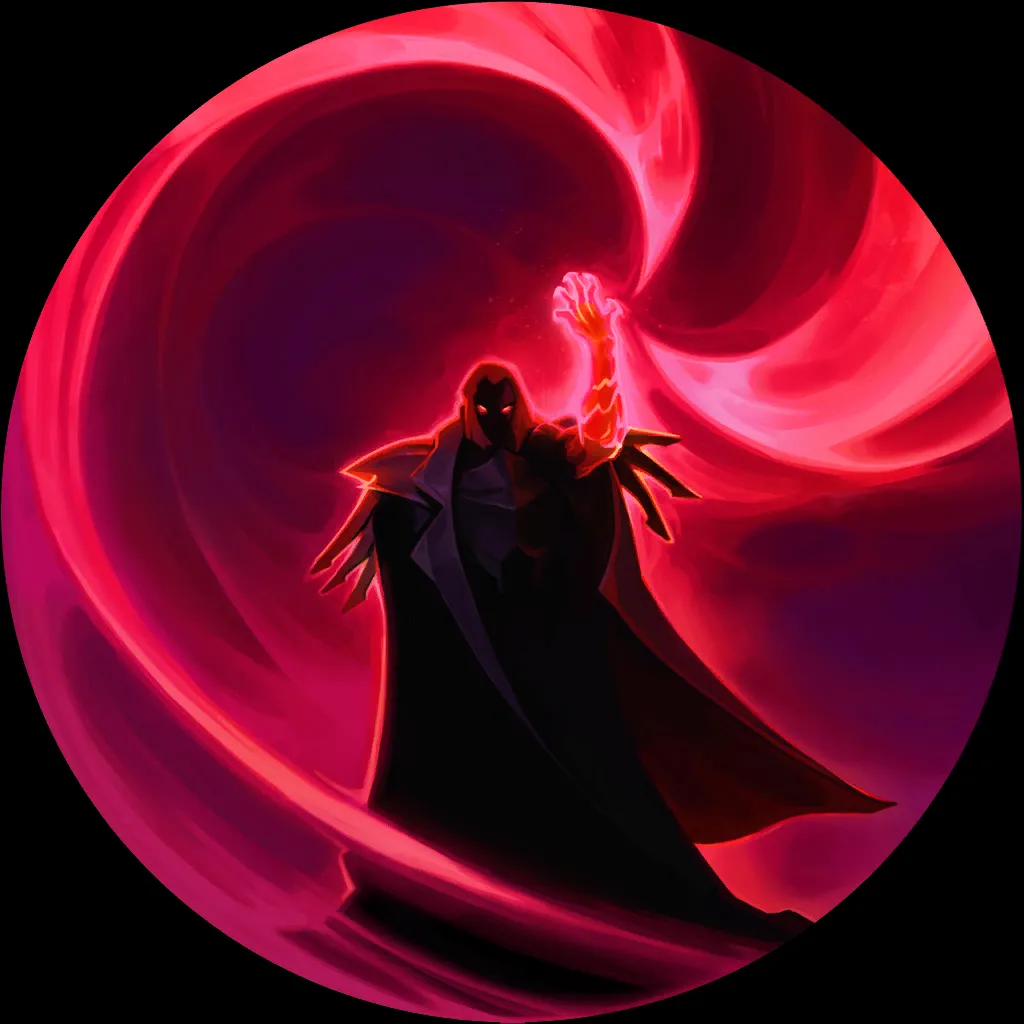
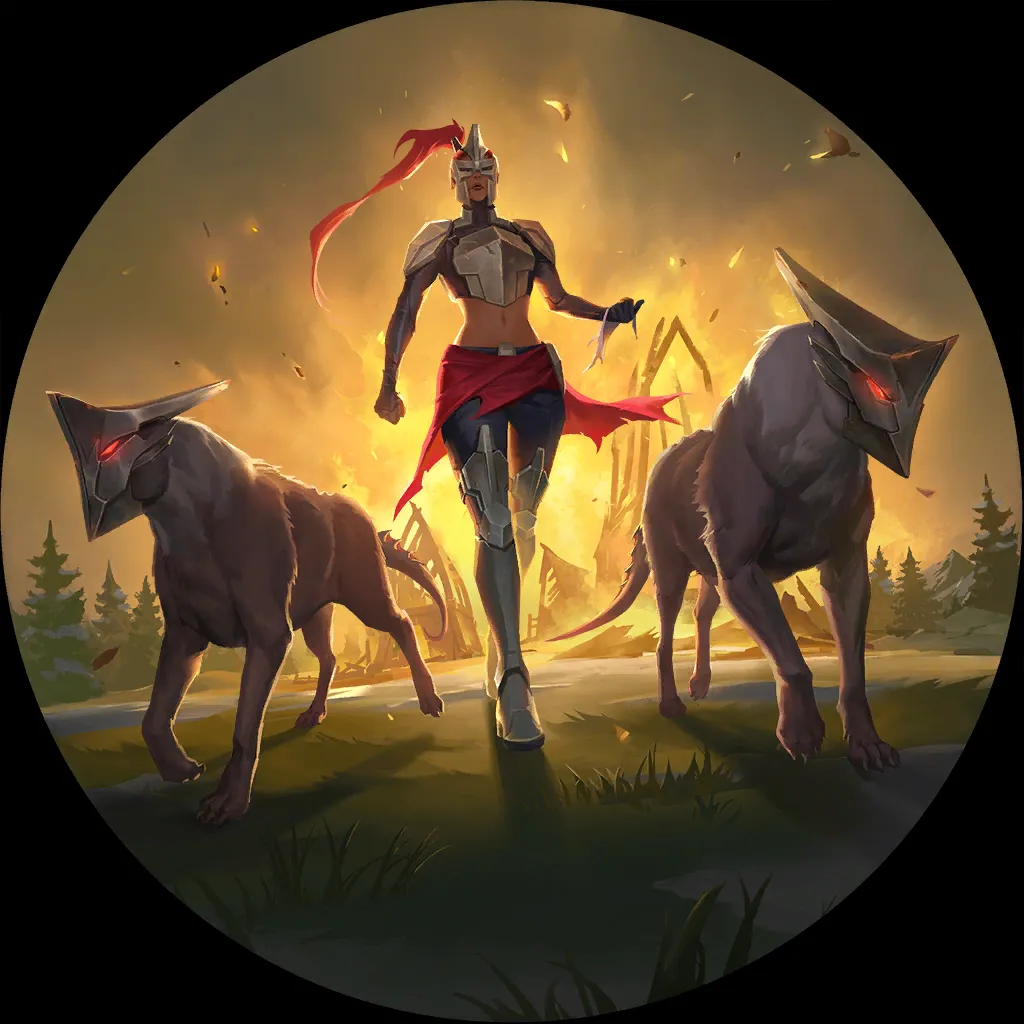
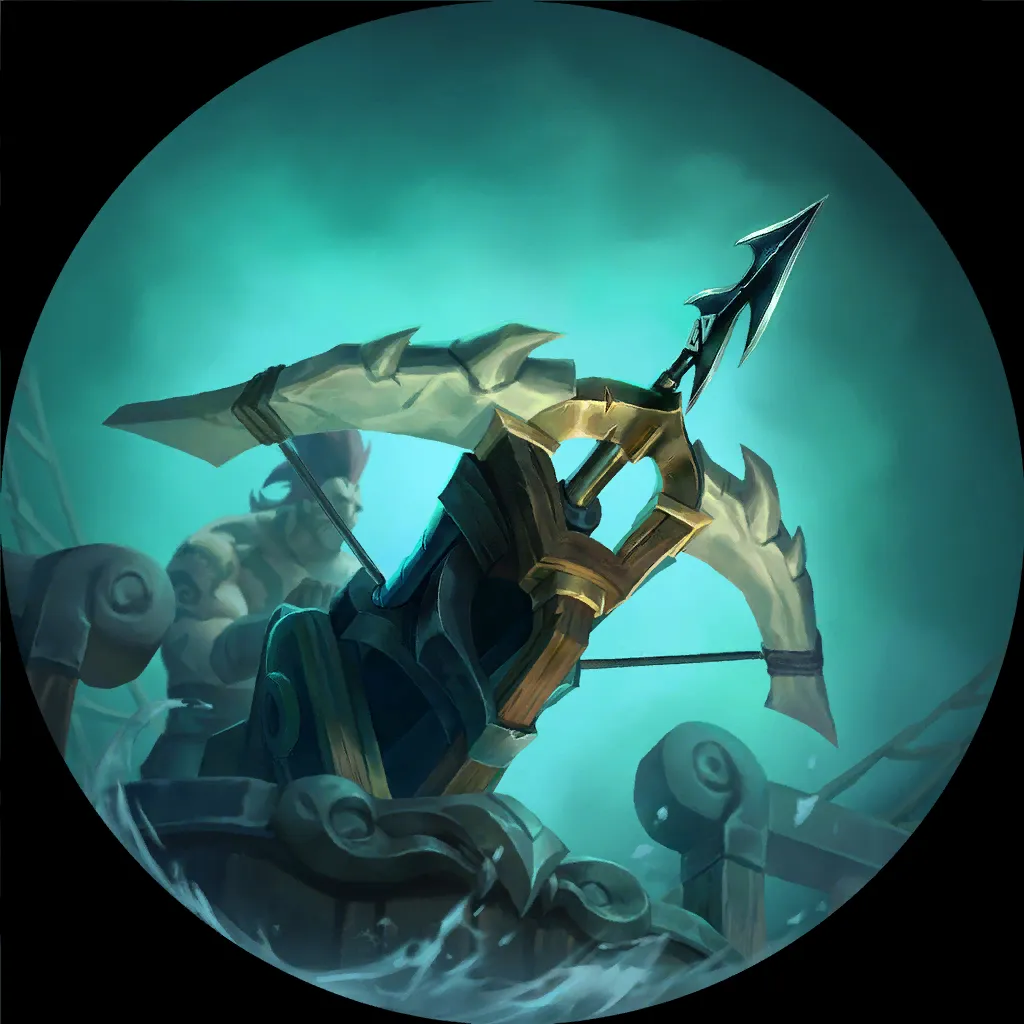
Thanks for making it all the way to the end of the article! I hope my summary was able to give you some insight on Rubin’s mentality for improvement and that you’ll be able to adopt it to start upping your own game!


